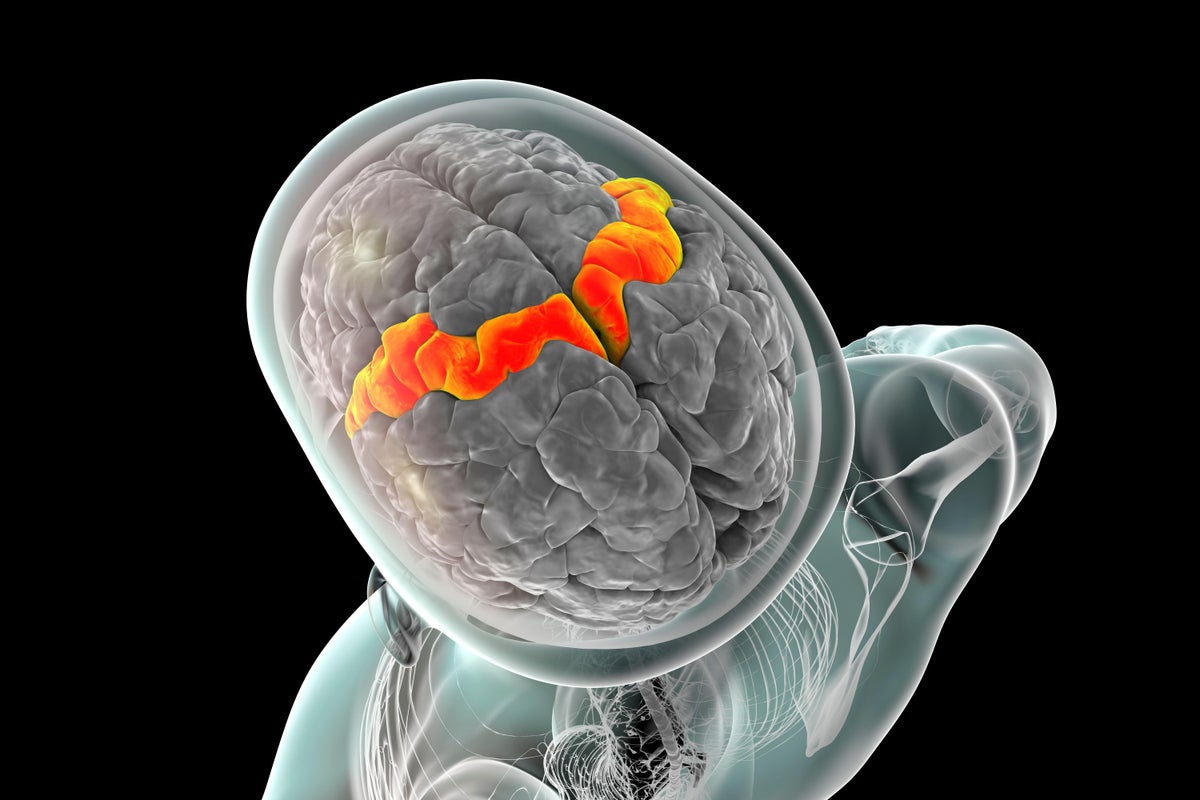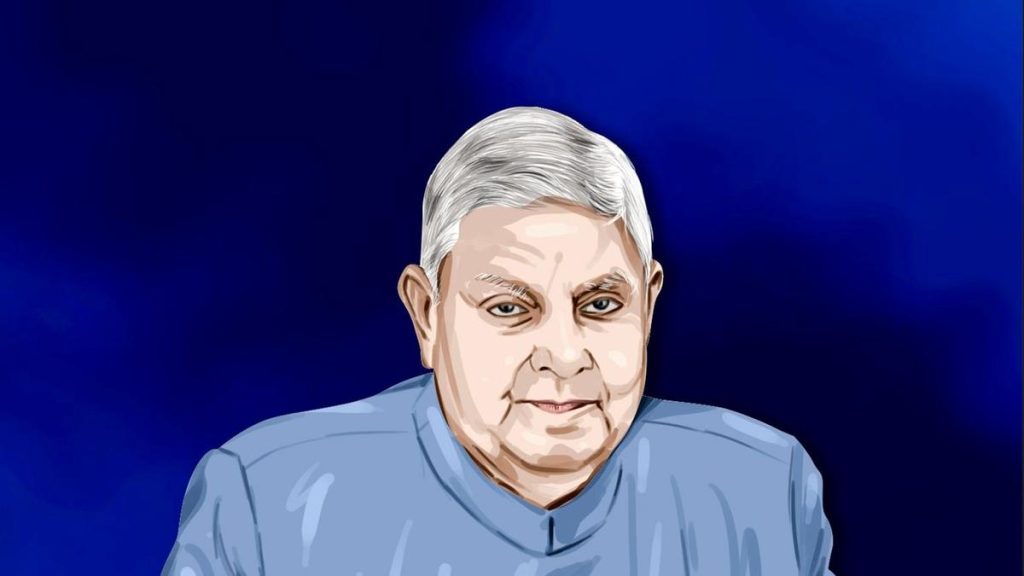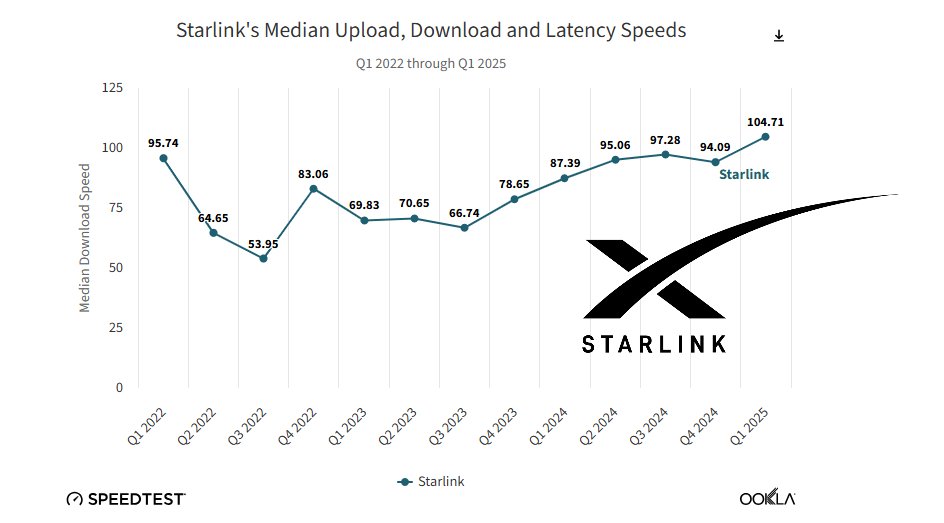Now Reading: Brain Implant Restores Speech and Singing for ALS Patient Using Natural Voice
-
01
Brain Implant Restores Speech and Singing for ALS Patient Using Natural Voice
Brain Implant Restores Speech and Singing for ALS Patient Using Natural Voice

Swift Summary
- A man with a severe speech disability due to amyotrophic lateral sclerosis (ALS) can now speak expressively and sing using a brain-computer interface (BCI) that translates neural activity into speech in real-time.
- The device uses artificial intelligence to decode the participant’s specific brain signals, reproducing words along with natural speech features such as tone, pitch, and emphasis.
- Electrodes were implanted in the motor cortex of the man’s brain to record speech-related neural activity at intervals of 10 milliseconds.
- The AI-powered system offers significant advancements over prior models by enabling continuous, real-time responses instead of delayed or sentence-based results.
- Unique features include personalized synthetic voice resembling the participant’s pre-disease voice and unrestricted vocalization capabilities for expressions beyond scripted vocabulary.
- The participant expressed joy, saying it felt like regaining his “real voice,” enhanced by vocal inflection for emotions or inquiries.
- Researchers consider this innovation as a potential paradigm shift toward creating practical tools for individuals with motor neuron diseases.
Indian Opinion Analysis
India’s medical sector can take note of this groundbreaking research as it represents an intersection of neuroscience, AI, and assistive technology-fields gaining traction globally and domestically. Such innovative BCIs could improve life quality for thousands afflicted by conditions like ALS in India where access to advanced rehabilitation remains limited.
While cost barriers may hinder widespread deployment initially, investment into similar technologies could align well with India’s push towards becoming an AI frontier via large-scale initiatives like Digital India or Ayushman Bharat. Collaborations between Indian researchers/institutions and global pioneers may enable customized solutions addressing local healthcare needs effectively while expanding India’s role in cutting-edge biomedical technologies.



























